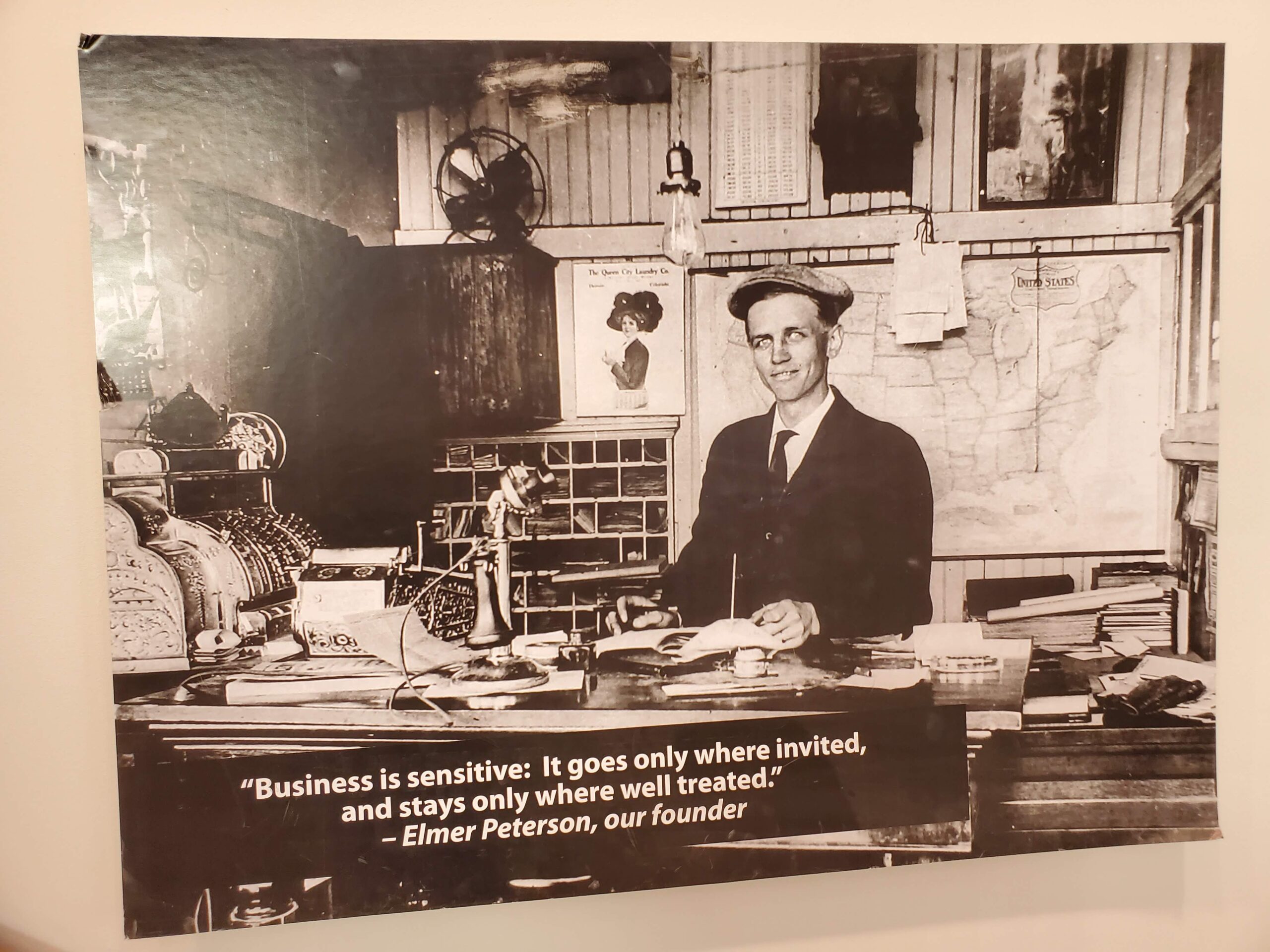Recently, Byron was featured on the Trade Entrepreneur Podcast to discuss his experience leaving behind his U.S.-based national chimney sweep franchise business in the hands of his team while heading to Europe for a nearly seven-month chimney research adventure. Keep reading for details of what led to this once-in-a-lifetime experience for his family and himself, and be sure to listen as Dave Sudworth and Byron talk about this adventure:
Nineteen years ago, after being married for a only a short time, I told my wife, “I want to take a European trip.” She suggested we wait, which allowed for plenty of time to plan and build anticipation. While we waited, we grew our business. We had three sons, and involved them in age-appropriate business activities. Business conferences around the USA, team meetings, financial meetings, client service calls, and even answering the phones in the company scheduling center.
Then the time came for the European trip, we bought the tickets, prepped the team, and headed off for Rome with a one way ticket for five in our family- we figured we would find a our way home eventually. It turned out to be a fascinating time of discovery of what work-life balance might really mean. This article will touch on my personal story of the trip, some places we visited, and what we discovered along the way about generational family businesses. I hope this will inspire you to integrate your family into your generational business, and allow your employees to integrate their families into the business. The fruit of your labor as a business owner who takes the long view will be seen over a century, not just in your lifetime. In the words of Churchill: “Never give up. Never give up. Never give up.”
Generational Business and Family Integration
My family has practiced generational business and family integration model for 3 generations. Fathers to sons, or mothers to daughters, we take our kids with us and teach them life so they can both work and live well, and one day they do the same for us when we are old. It is a cycle of life, not a linear progression. My grandfather gave farming tasks to his five sons and daughter after school every day in the 1950s. From milking cows to plowing a field, my dad did family business tasks. And they sat around a common table and ate dinner. My father went to college but had the added benefit of a trade. Then in the following generation, my father brought me to work in the 1990s, and gave me a trade and college degree. I was able to learn from him and my grandfather about the integration of work and life and business. And we had dinner around the family table in the evenings.
Now it is my turn, and I have begun passing this same history down to my sons, now in their teens in the 2020s. They have come to work with me and learned the trade, even as they pursue their further education. They know business topics are welcome around the dinner table, and they have grown up hearing how the business works, and this is our integrated life. It is a blending of the stuff called life and the stuff called work. Distinctions are not made. There are no hard lines, no boundaries. There is no 5 p.m. shut off, no 6 a.m. turn on. Our generational family business is a reasonable but determined blend of pursuing the future and present with our business history to prop us up.
When we took our 6-month family business trip, we travelled European cities and countrysides, learning much more than we anticipated about generational family businesses. We were impressed by how this medieval concept of generational family business integration plays out in western Europe and Germany, especially. Families own their businesses for a hundred years or even hundreds of years. They have avoided some of the fast-paced private equity “fix-and-flip” mindset which has captured the American mind and media through such shows as Shark Tank. They quietly make their specialty product at a specialty company, for a hundred years, getting better and better every year. This accounts for their world-wide famed “German engineering” quality standard.
We see this in their personal real estate holdings as well. They own their homes—in some cases—for hundreds of years. Below is an image of my family standing at the gates of Burg Eltz, near the Rhine River Germany, a castle continuously occupied by the Eltz family for 800 years. We were not permitted to enter one wing of the castle because the family lives there and needs some privacy away from the tourists.
That is integration.
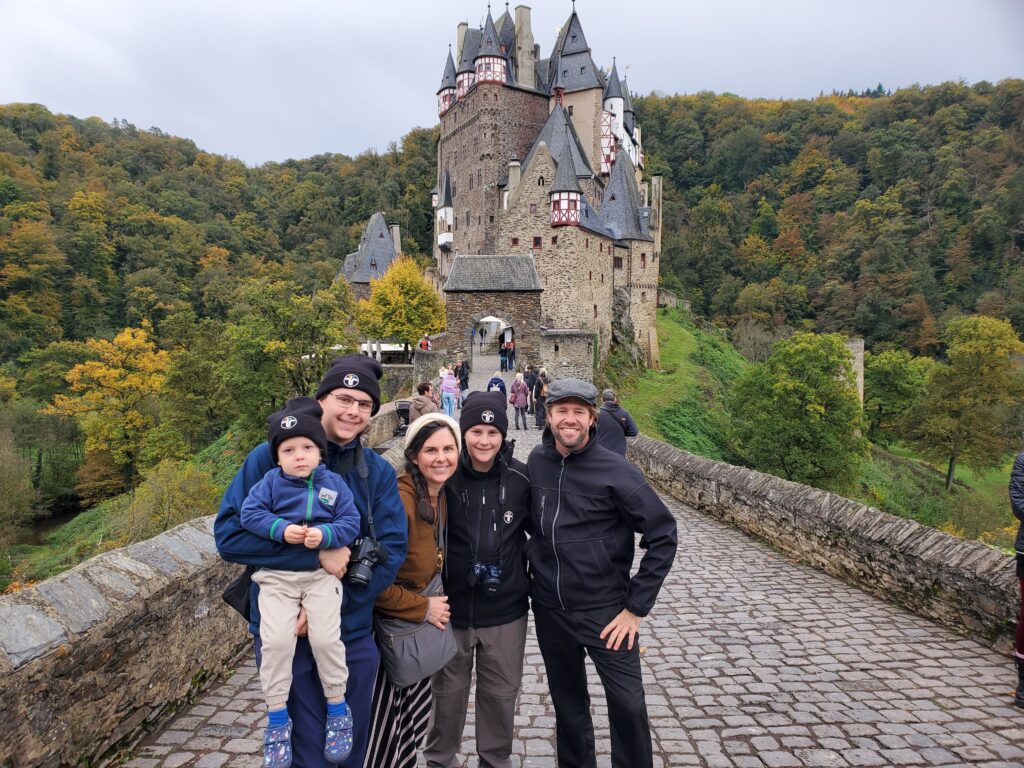
One business has been continuously owned by its founding family for over 90 years, and boasting over 200 employees and their reign as a world-leader in a niche industry of bristle brush manufacturing for the cleaning industry: Wohler. We toured the facility and noted the family is not present on a day-to-day basis but has taken leadership positions and is setting the direction of the company while checking in regularly. The company is flourishing and leading the market within its niche industry. It is a success, and it is a generational family business that has been integrated into the life of its founders. The family owns a residential stone house 50 feet outside the Headquarters door, which serves as a private residence where they stay when they come to visit and check in on their business.
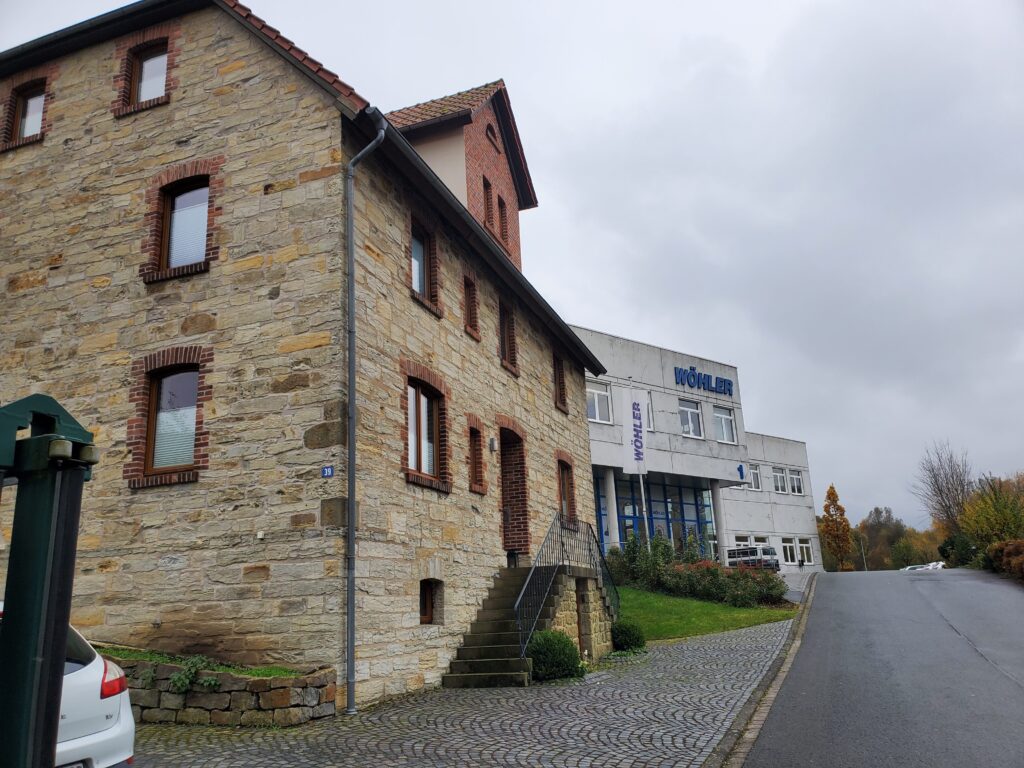
Below is a photo of both my sons with German company Wohler’s international salesperson at their corporate headquarters in Germany. My sons have had the introduction to leaders in certain fields and now have a platform to begin their journey. Why not? So we take them with us on this journey called life, and into this world called business, and this becomes an easier task for them than it was for me. They can stand on my shoulders, just as I stood on my father’s shoulders, and he upon his father’s.
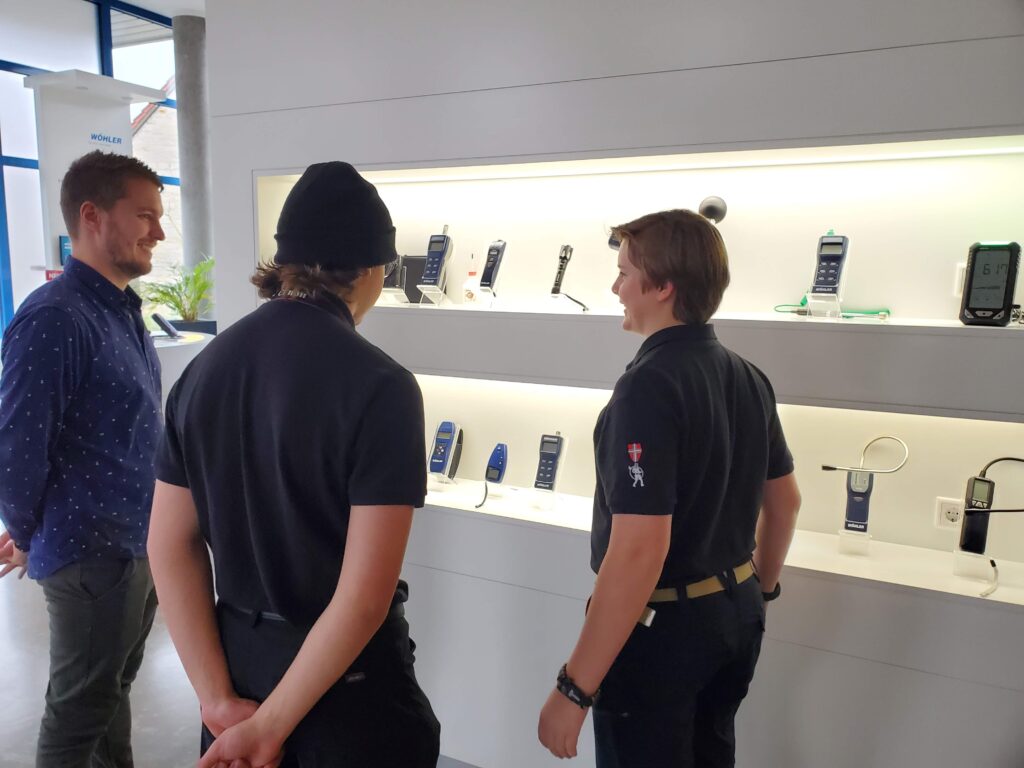
While in Switzerland, my sons met the third generation manager of iron foundry Ed. Mezger AG in Kallnach, Switzerland. The third-generation energetic multi-language speaking family member Eve took us on a first hand tour of Ed. Mezger AG where high quality castings are made from molten scrap metal. This fascinating tour was led by the business Eve himself, who was happy to show us how the business works.
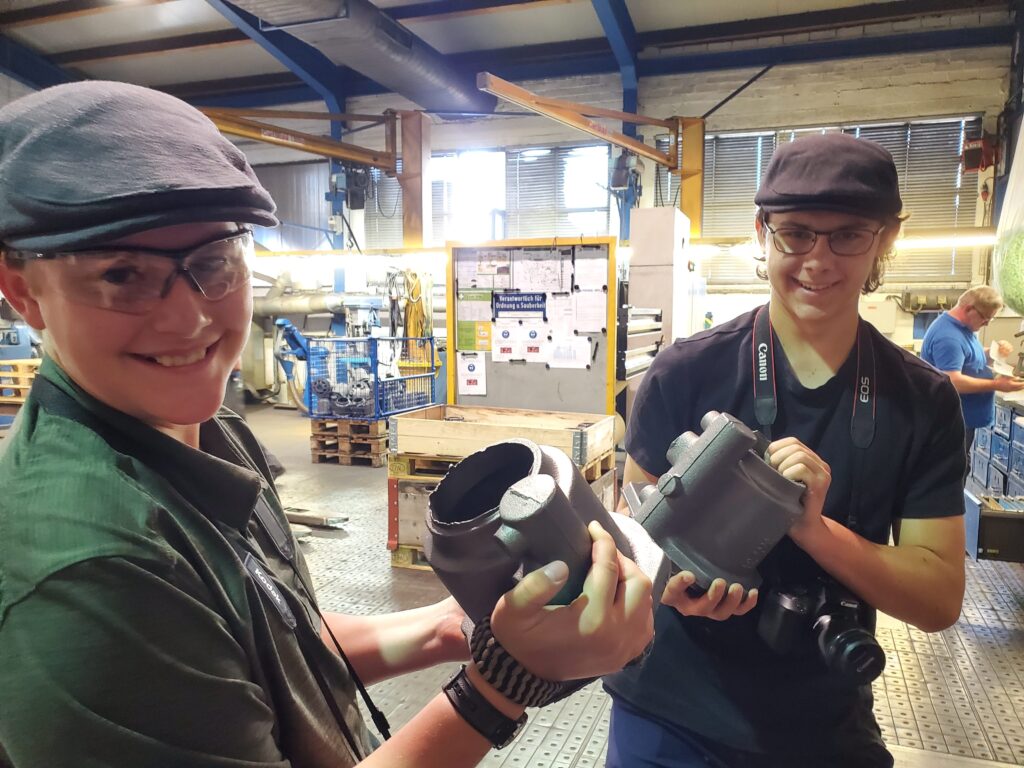
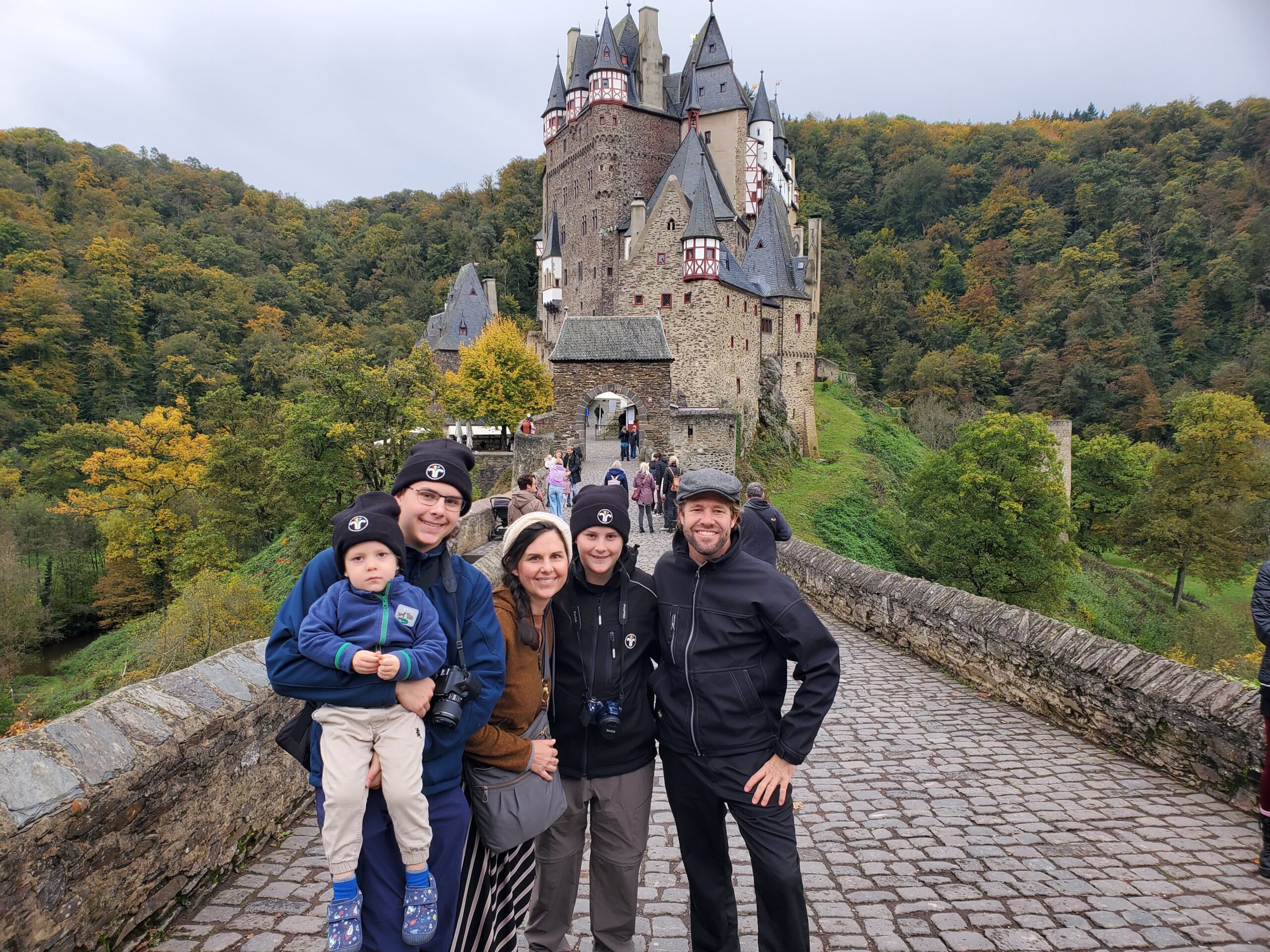
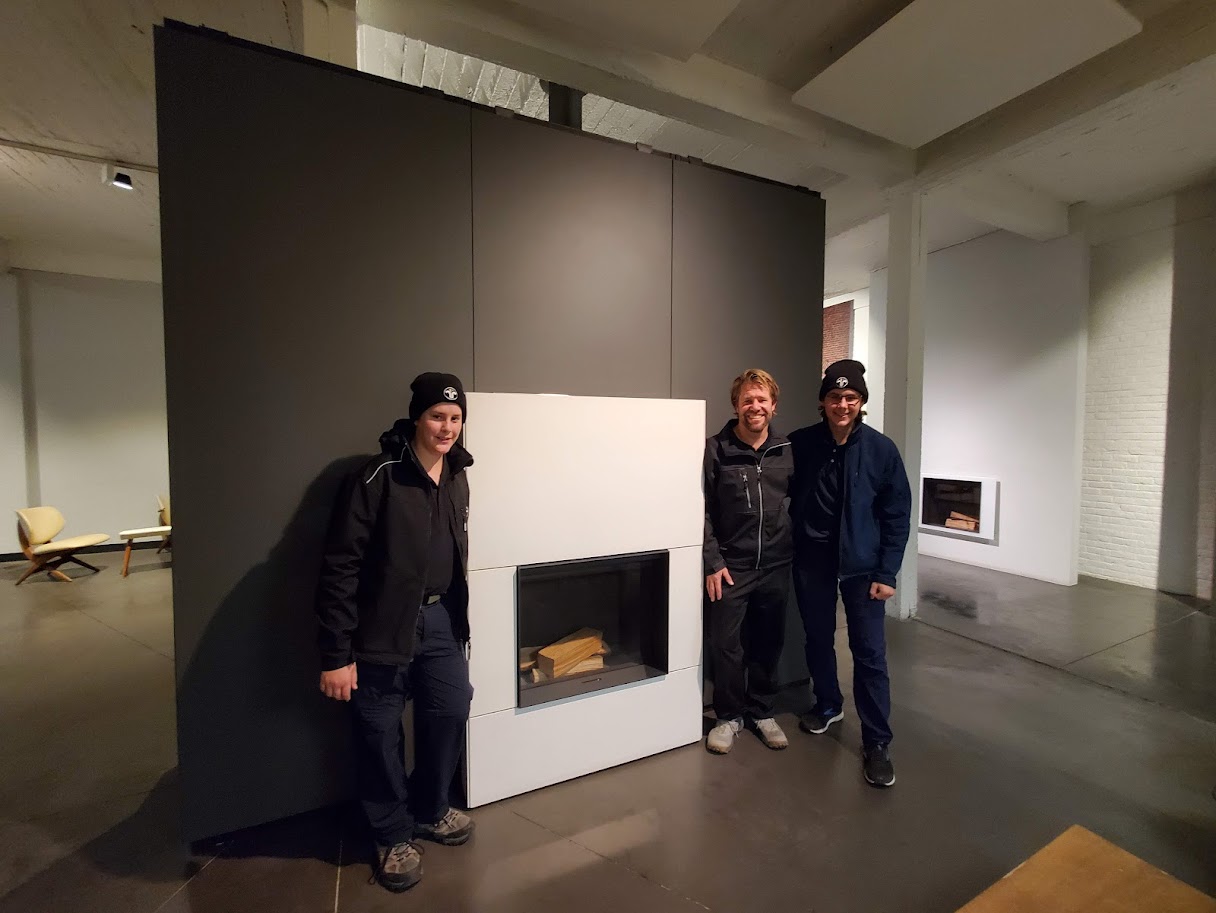
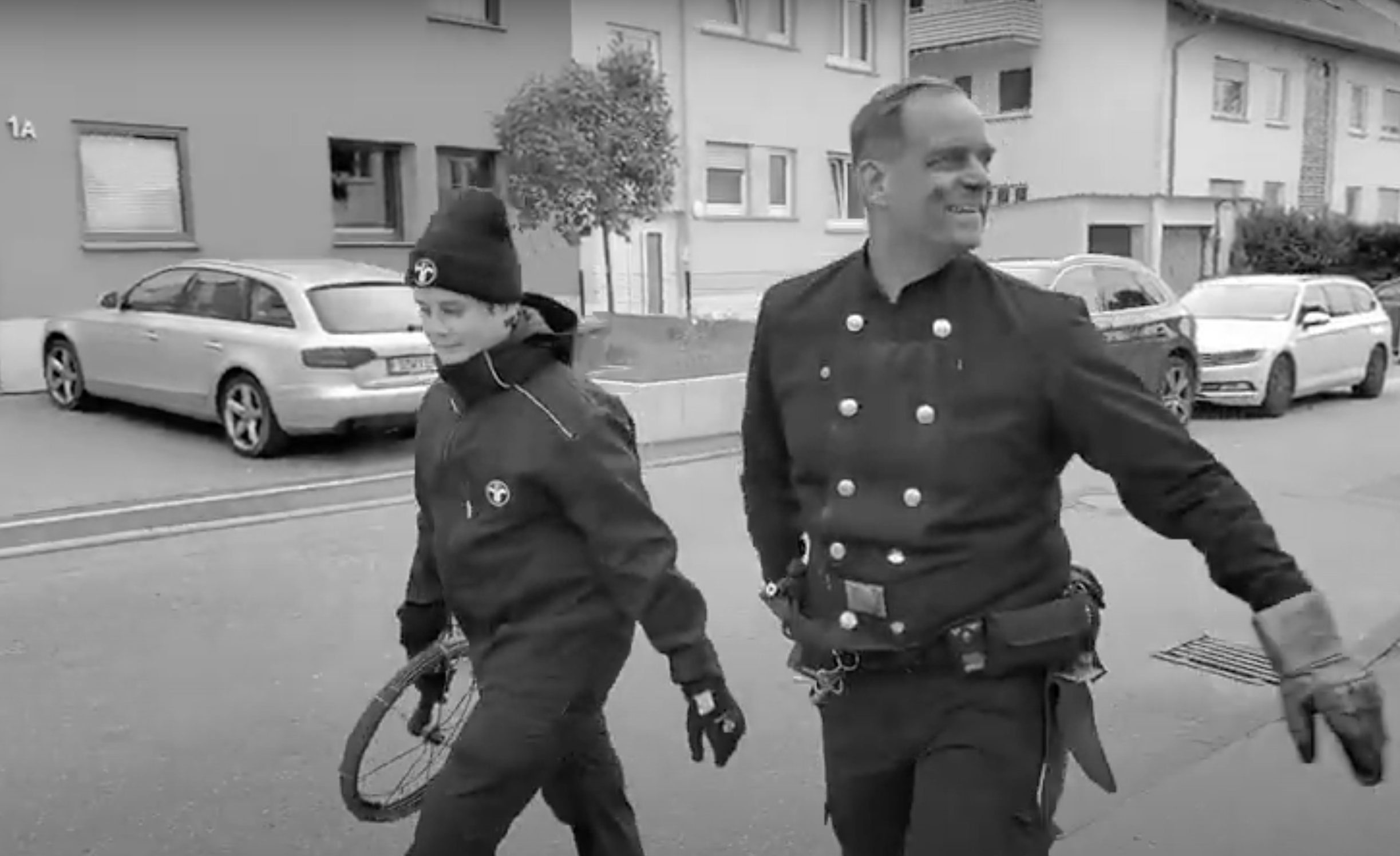
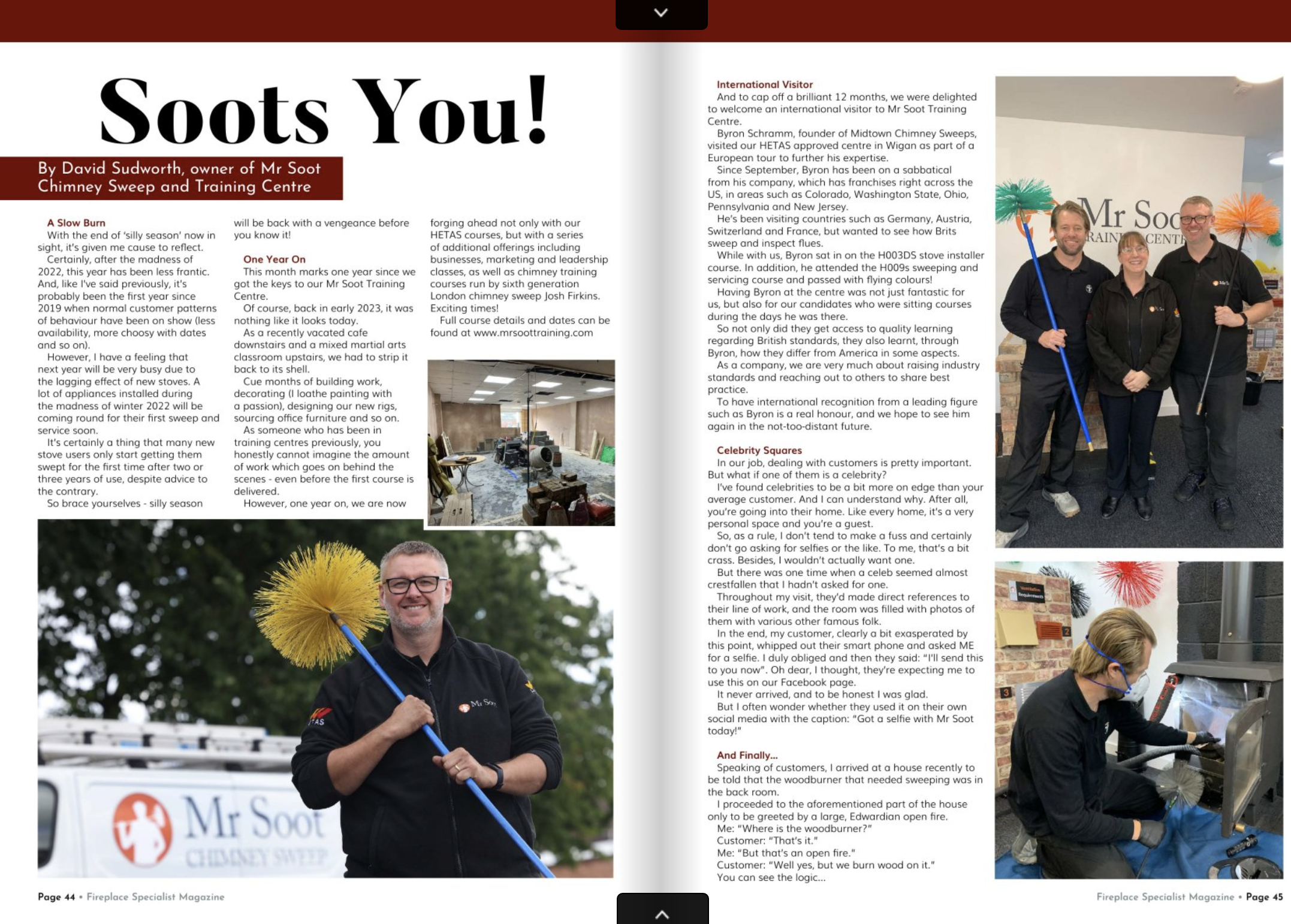
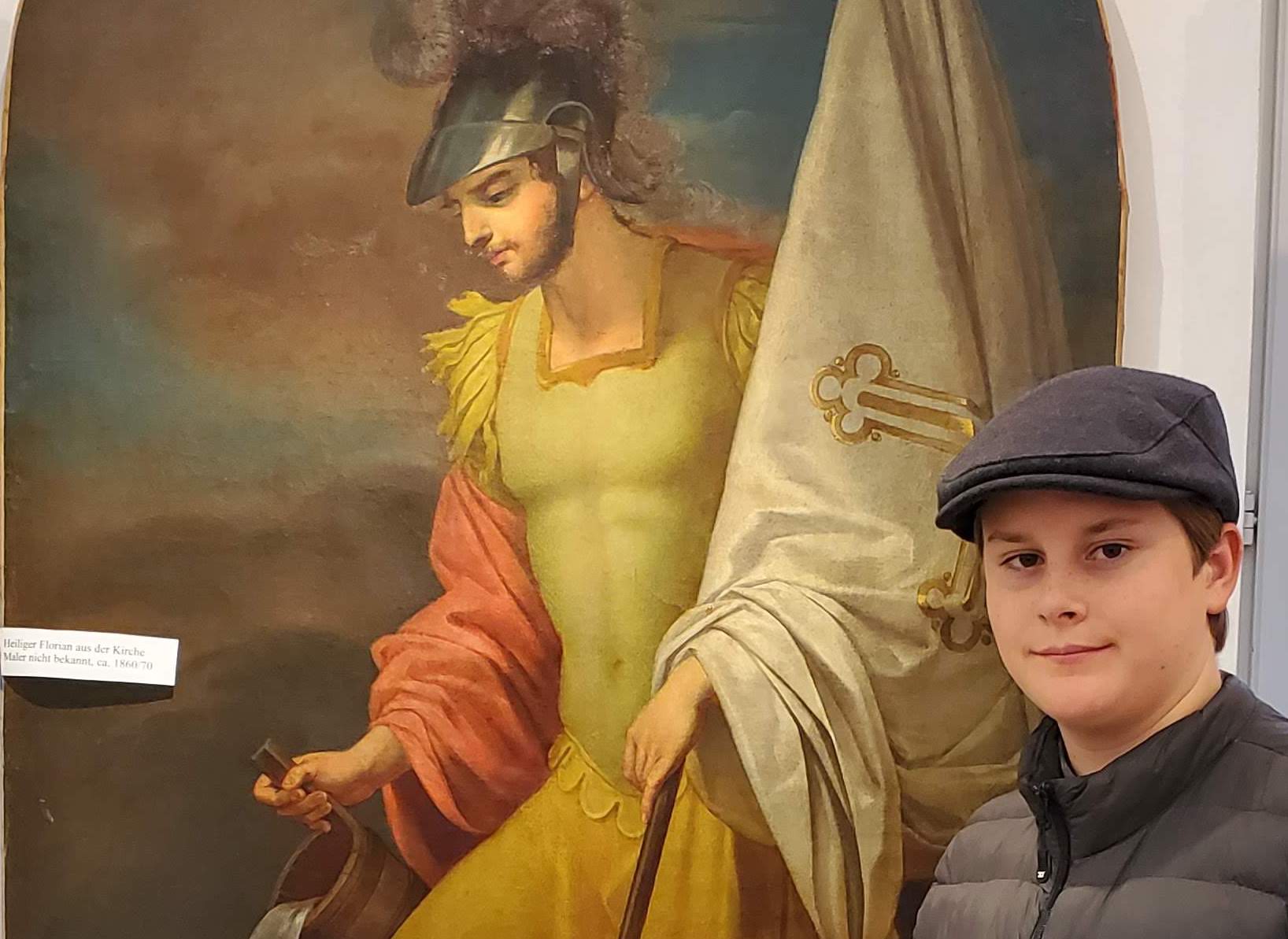
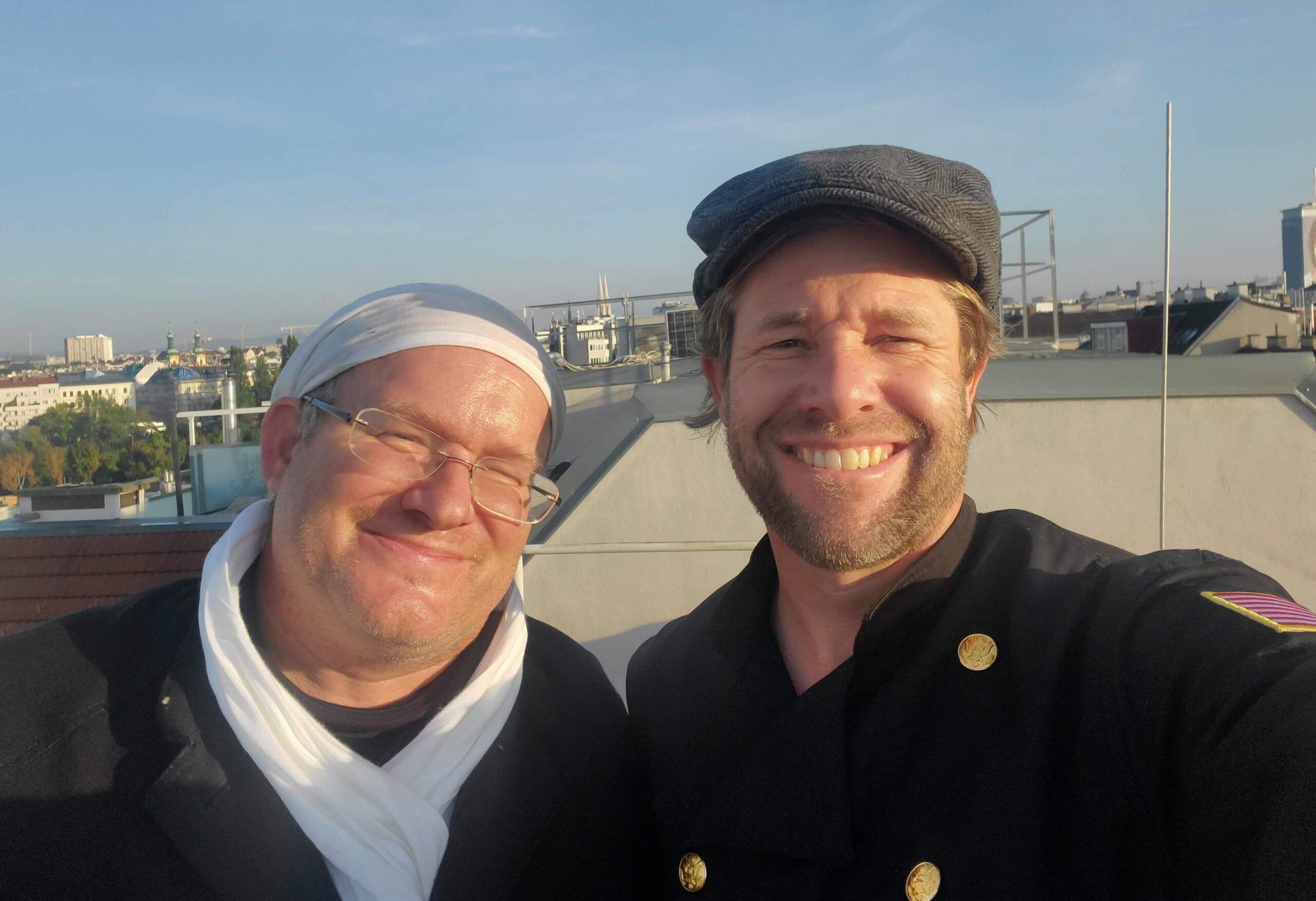
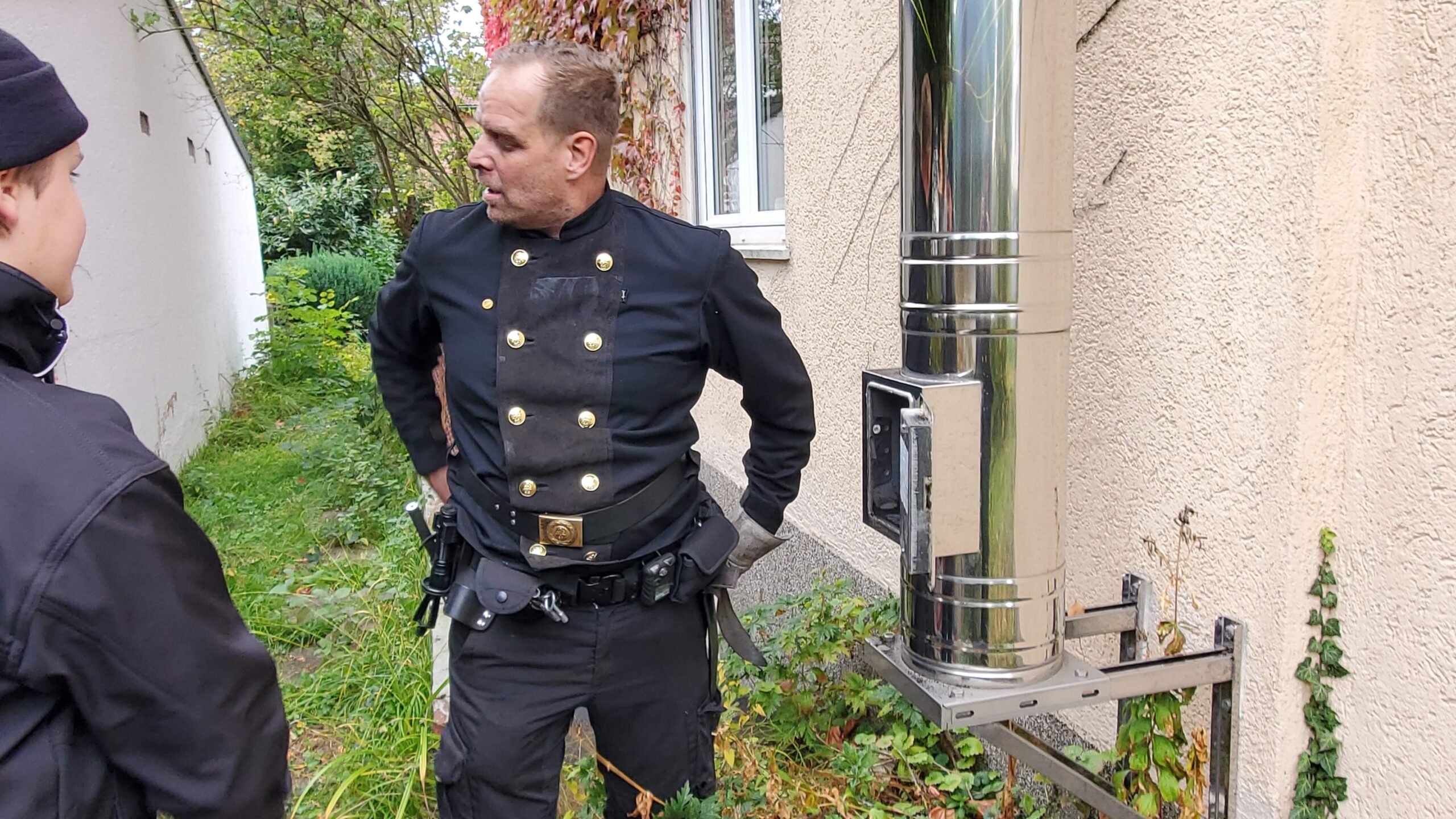
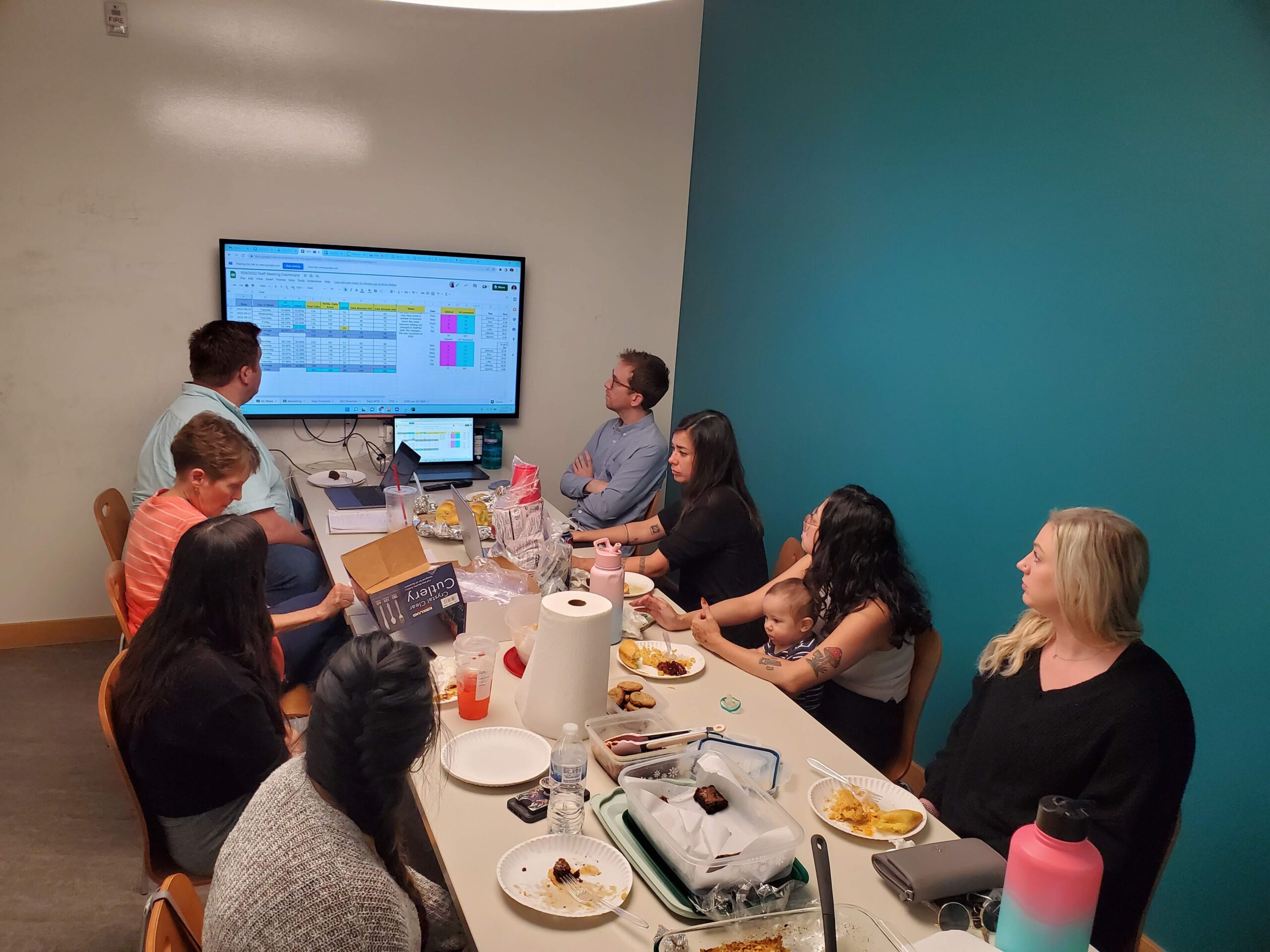
![Bring Your Kids to Work [Any] Day](https://byronschramm.com/wp-content/uploads/2024/03/beau-and-will-touring-wohler-scaled.jpeg)
